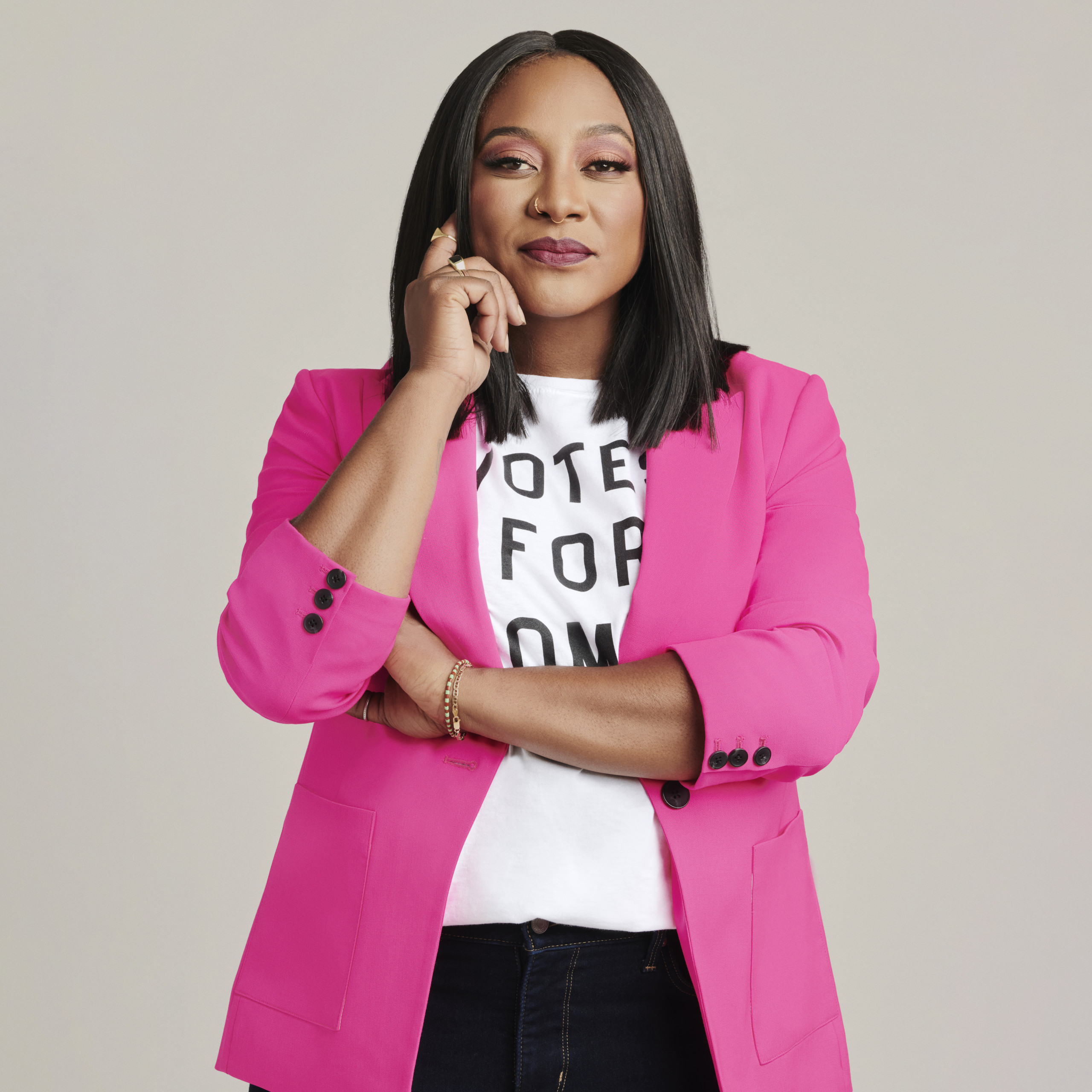
When Alicia Garza wrote what she called, “a love letter to Black people,” in the aftermath of the murder of Trayvon Martin, her statement, “Black people, I love you. I love us. Our lives matter,” helped set the stage for what would become the #BlackLivesMatter movement. She, along with co-founders Patrisse Cullors and Opal Tometi, would one day grace the cover of Time when they were listed in the 2020 100 Women of the Year list.
Her achievements since then are innumerable: she is Principal of the Black Futures Lab, whose mission is to make Black communities powerful in politics, a founder of the Black Lives Matter Global Network, which is an international organizing project to end state violence and oppression against Black people, as well as the Strategy & Partnerships Director for the National Domestic Workers Alliance — the nation’s premier voice for millions of domestic workers — and the co-founder of Supermajority, a home for women’s activism. She also hosts her own podcast, Lady Don’t Take No, from Oakland, CA, where speaks with activists, entertainers, and discusses current events.
Wherever she brings her talents, her message is always clear: that Black communities deserve to be powerful like all others, that women’s voices should be elevated, and that building a movement takes a lot more than just a hashtag — it takes people. Delving into the history of the country, the movements she has supported and her own story, her first book, The Purpose of Power: How We Come Together When We Fall Apart, is a fascinating look into how change is created.
We caught up with the author to hear more about how her background brought her to where she is today:
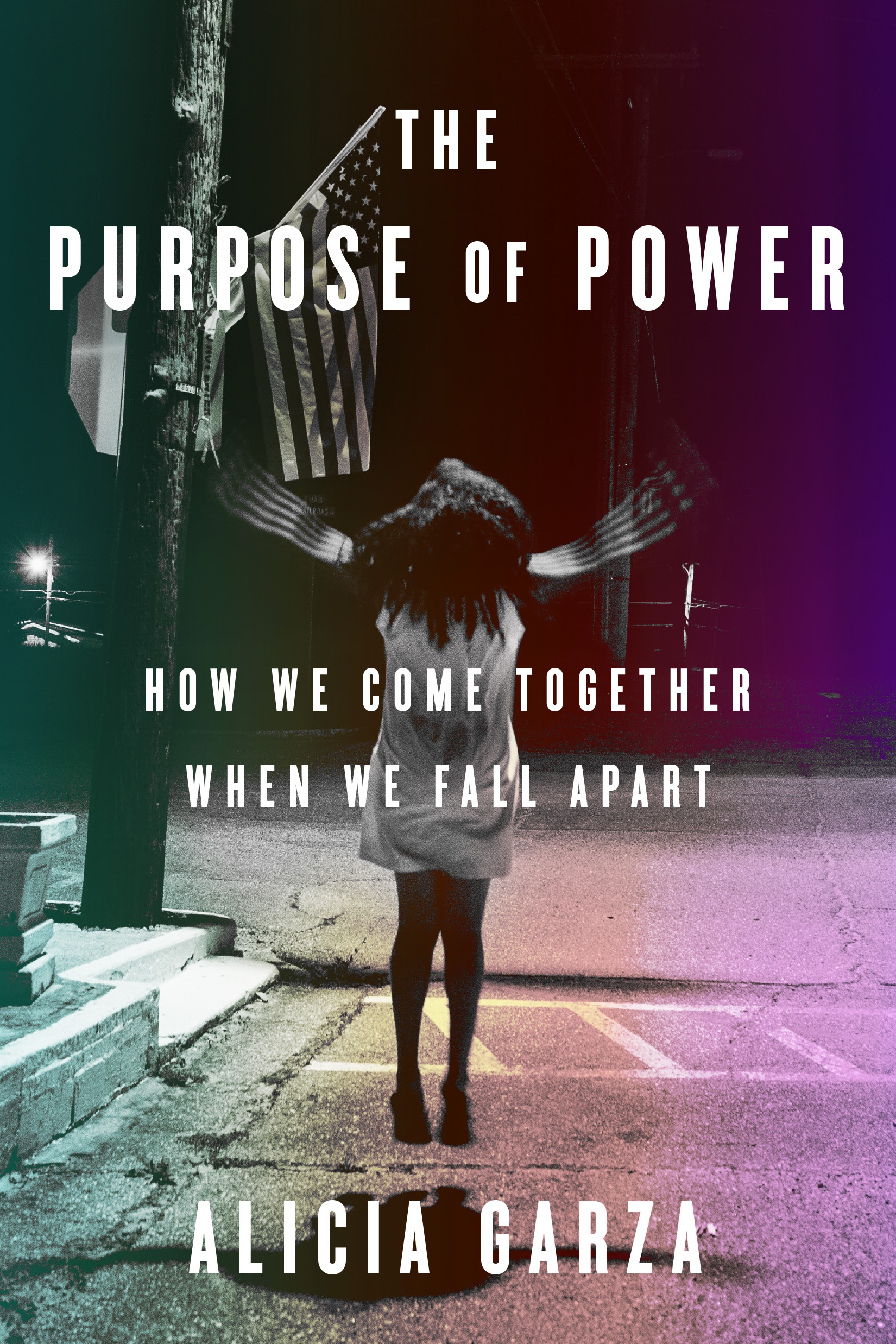
What motivated you to write this book and what do you hope it can achieve?
My hope is that this book helps others get inspired to become a part of the change you want to see in the world. My book is all about how to build movements that can put more power into the hands of more people. I’ve been doing work to change the world for the last 20 years, and the questions that I hear from people are always the same — how did we get here? How can I get involved? What’s my role in making change happen? How do I get started? How can I turn a hashtag into a movement?
I hope that this book helps provide some answers to those questions, using my own experiences as a reference point. In so many ways, this is the book that I would have wanted when I was first getting started!
How do you think growing up in Marin and the Bay Area shaped your experience and informed your ideas?
Growing up in Marin, I often felt like the “other,” being the daughter of a Black mother and a Jewish father. I grew up in a community that was very homogenous in a lot of ways, and that had a profound impact on how I shaped my own identity as a Black woman. It really made me grounded in being different, rather than ashamed of it or fearful of it. Growing up here, race wasn’t talked about, except through euphemisms about who belonged and who didn’t, who was worthy and who wasn’t, and I think that has shaped why I am so insistent that we need to address the elephant in the room. My parents lived in Tiburon for more than 20 years, and my mother would get pulled over relatively often, getting asked about where she was going and where she lived. Quite a few times, my dad had to intervene.
Growing up here also gave me a very interesting perspective on class and wealth, and the stories we tell each other about each other. My partner grew up in a working-class family and environment, and would often tell me their stories about what they think wealthy people do, and whether or not wealthy people had any of the same problems as working class people do, and I would laugh and say that yes, they’re much of the same problems except there’s money to hide it better! Growing up in Marin taught me a lot about what it means to look behind, beneath and around the corner, and it made me fascinated with the study of people — how they work, what shapes them and what drives them. This is all necessary for the project of social change. Getting to know who people are and what they care about is at the center of all great organizing.
Your book is written from a personal perspective. What was the journey like for you writing it, and why did you decide to take this approach?
Writing your personal story is an incredibly vulnerable act, more so than I thought it would be. But ultimately, I wanted this book to be something that people could relate to and learn from, and so it felt important to be brave enough to share my own story of how I have come to be who I am, so that others can share their stories too, and learn from those stories. I really want people to know that to create change, you don’t have to be someone who is out of the ordinary, exceptional, charismatic, all those things. To create change, you just have to be someone who cares about what is happening in the world and has decided that you’re going to do something about it. I hope my story inspires others to take that next step.
Alicia’s Recommended Reads
Stamped from the Beginning: A Definitive History of Racist Ideas
Ibram X Kendi
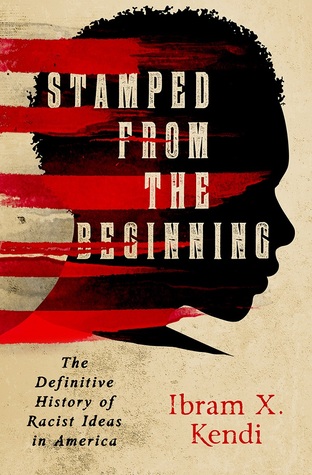
This is an important book for anyone trying to understand race and racism.
I’ve Got the Light of Freedom
Charles Payne
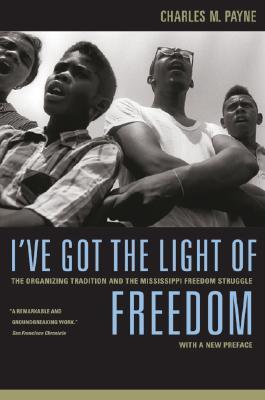
This is a good primer on social change, how it happens, and who is involved in it and how they got involved and stayed involved.
Black Reconstruction
WEB DuBois
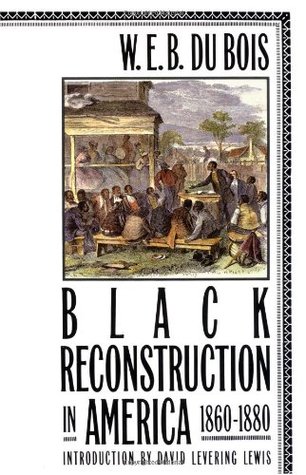
This book gives you a good understanding of how we got here, particularly in this moment when we have insurrectionists trying to take over the government, you’ll better understand what all this has to do with Black people and our political power.
The Half Has Never Been Told
Edward E Baptiste
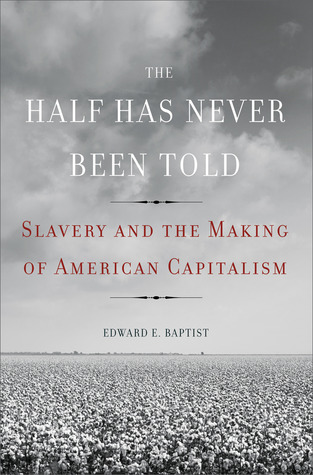
An incredible accounting of how slavery helped to build American capitalism.
How to Help
For more ways to support good causes, go here.
For more on Marin:
- Can Ethnic Studies Help Heal Race Relations?
- What’s New in Marin in February 2021: Spotlight on San Anselmo
- The Art of a Well-Rounded Education: A Portrait of a Marin Primary & Middle School Graduate
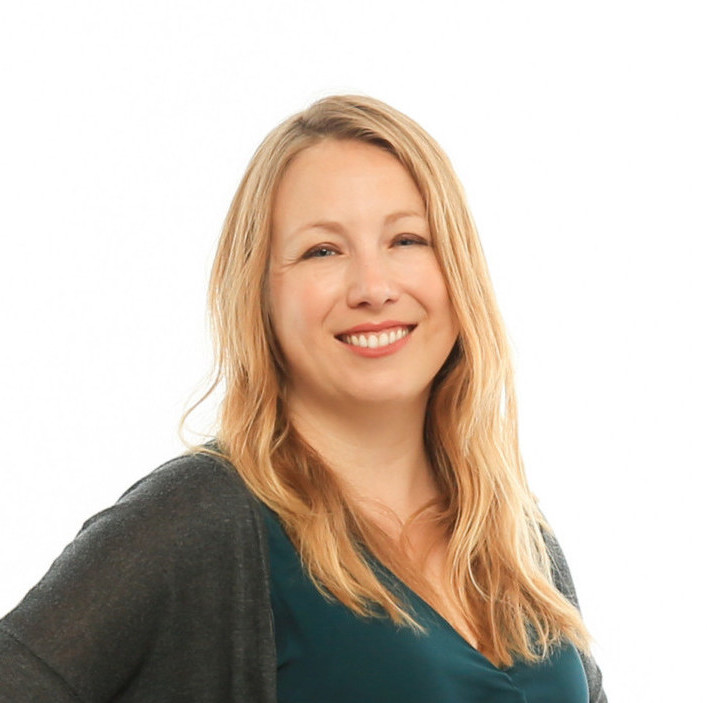 Jessica Gliddon is the Senior Digital Editor for Make It Better Media Group. An international writer and editor, she has worked on publications in the UK, Dubai and Cape Town. She is a graduate of UC Santa Cruz, and is the former editor of Abu Dhabi’s airline magazine, Etihad Inflight. When she’s not checking out the latest exhibit at SFMOMA or searching out the best places to eat and drink near her home in San Francisco, she volunteers at the Marine Mammal Center in Sausalito.
Jessica Gliddon is the Senior Digital Editor for Make It Better Media Group. An international writer and editor, she has worked on publications in the UK, Dubai and Cape Town. She is a graduate of UC Santa Cruz, and is the former editor of Abu Dhabi’s airline magazine, Etihad Inflight. When she’s not checking out the latest exhibit at SFMOMA or searching out the best places to eat and drink near her home in San Francisco, she volunteers at the Marine Mammal Center in Sausalito.

